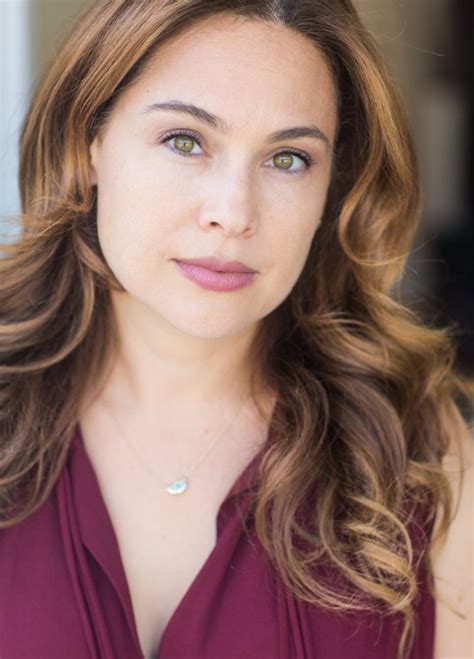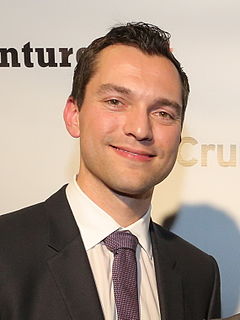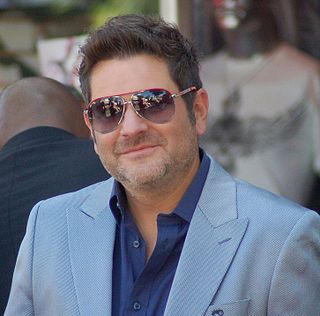A Quote by Kate Spade
Students were pulled aside to spend more time in art class, and I wasn't one of them.
Related Quotes
I spend quite a bit of time thinking about my students. I look at them, at their work, I listen to what they tell me, and try to figure out who they might become in the best of all possible worlds. This is not easy. Students try to give you clues; sometimes they look at you as if imploring you to understand something about them that they don't yet have the means to articulate. How can one succeed at this? And how can one do it 20 times over for all the students in a class? It's impossible, of course. I know this, but I try anyway. It's tiring.
A professor was telling students about his colleagues class. Students in the other class had taken to tossing erasers at the clock. Each precise hit caused it to jump ahead one minute. Before class one morning they succeeded in advancing the clock by ten minutes. Since the new time indicated that the professor was beyond the accepted starting time, the class left. The professor never said a word about the incident. However, he presented the class with a killer of a final exam. As the students labored to finish in the allotted time, the professor amused himself by tossing erasers at the clock.
Arriving to class late is disruptive of the learning process. I think that it is disrespectful to both the instructor and the students. I generally find a problem with students being tardy to my 9:10 a.m. class, in which students would come in thirty minutes late to this fifty minute class. I started locking my door at 9:15 second semester.
Teaching I realized took up a lot of my time. I was a kind of a teacher that spent time with students, spoke to them after class, tried to help them out. I'd talk with them personally about their work and try to get out of them what they were thinking about, forcing them to thinking seriously and not just falling back on all the ideas that they had picked up someplace. And so I took my job teaching very seriously and that - as a result, it took up a lot of time.
When I was teaching at an institution that bent over backward for foreign students, I was asked in class one day: "What is your policy toward foreign students?" My reply was: "To me, all students are the same. I treat them all the same and hold them all to the same standards." The next semester there was an organized boycott of my classes by foreign students. When people get used to preferential treatment, equal treatment seems like discrimination.
Educational bureaucracies dull a child's questing sensitivity. The young must be dampened down. Never let them know how good they can be. That brings change. Spend lots of committee time talking about how to deal with exceptional students. Don't spend any time dealing with how the conventional teacher feels threatened by emerging talents and squelches them because of a deep-seated desire to feel superior and safe in a safe environment.
Much like teaching art to young art students age 10 to 15 or so on, you have to break it down into bite-sized pieces, essential components. You have to - you know, at this point I'm so used to operating within given assumptions about art. But when you're explaining art to art students or people who are new to this experience, you have to really go back to the fundamentals.








































